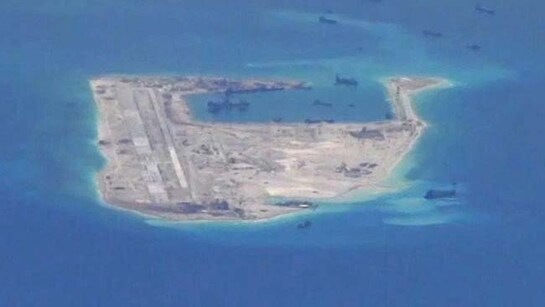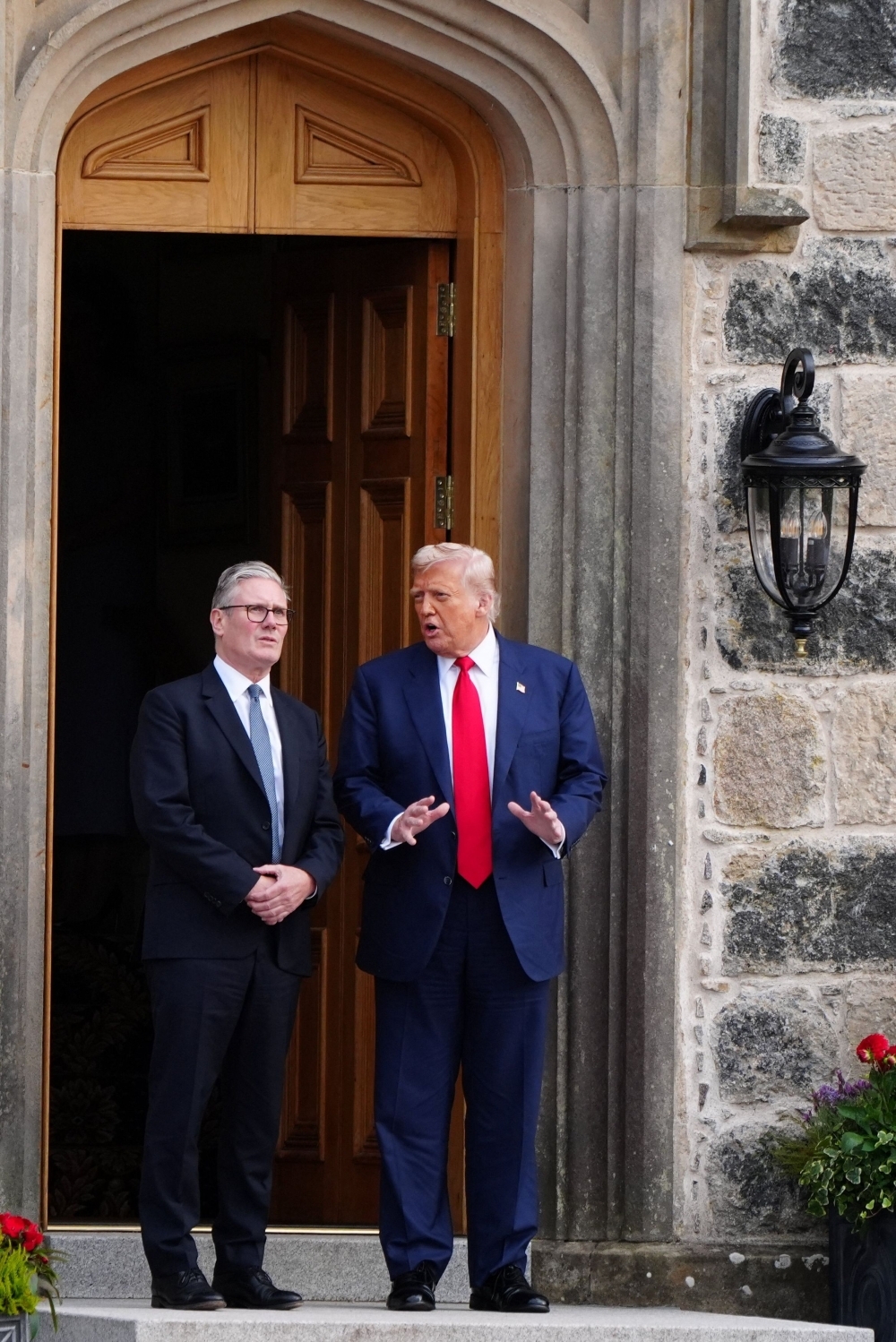BEIJING, Apr 28: In the face of ongoing trade tensions with the United States, China’s leadership is working to reassure the public and businesses that the country has the tools to protect jobs and minimize the impact of higher tariffs on Chinese exports.
During a government briefing on Monday, senior officials from various ministries emphasized that China’s economy is resilient, and they have a comprehensive set of policies to support companies and workers affected by the trade war. These measures include easier access to loans, policies to help unemployed workers, and efforts to shield businesses from the financial strain of tariffs that could reach up to 145% on US-bound Chinese goods.
This message follows a meeting last week of the Communist Party’s Politburo, where leaders discussed strategies to maintain economic growth despite a slowdown in exports. Analysts noted that the new policies are similar to those introduced earlier, but reflect China’s determination to shield its economy from the worst effects of the ongoing conflict.
Louise Loo, lead economist at Oxford Economics, remarked that Chinese policymakers are clearly on alert, indicating their commitment to ensuring stability.
While uncertainty still lingers over the status of any potential negotiations between US President Donald Trump and Chinese President Xi Jinping, tensions continue to escalate. Trump recently stated that negotiations on tariffs are ongoing, while US Treasury Secretary Scott Bessent clarified that talks have not yet officially begun. China, however, has denied any such discussions, and has already retaliated by imposing its own hefty tariffs on US imports.
Speaking on Monday, Zhao Chenxin, deputy director of the National Development and Reform Commission (NDRC), voiced China’s firm rejection of what the government views as unfair tactics. He criticized the US approach, calling it bullying that undermines economic laws and international trade principles.
The trade dispute, between the world’s two largest economies, has global implications, with the potential to trigger a recession in the US and ripple effects worldwide. For China, the challenge has been compounded by the economic shocks of the pandemic, which led to significant job losses and disruptions. Nevertheless, Chinese officials remain optimistic, projecting that the economy will still expand by about 5% this year, in line with growth targets for 2024.
Yu Jiadong, vice minister of Human Resources and Social Security, assured the public that China’s policies on employment and job creation are more than capable of handling the situation. He emphasized that the government is prepared to provide additional support to businesses to help retain employees and promote entrepreneurship among the unemployed.
On the issue of energy imports, Zhao reassured the public that China’s energy supply is secure, even if energy imports from the US are reduced. He noted that the country has already been cutting its reliance on US agricultural imports, such as grains, and that this would not disrupt the food supply, as global markets can compensate for any shortfall.
Meanwhile, Zou Lan, a deputy governor at the People’s Bank of China, confirmed that the central bank is ready to lower interest rates and adjust reserve requirements to stimulate lending, helping to stabilize both the economy and job market.
Looking to the future, China also aims to boost domestic demand through various initiatives, including offering rebates for the replacement of old vehicles, appliances, and factory equipment. Zhao predicted that these efforts could stimulate demand worth over 5 trillion yuan ($34.8 billion) annually. Additionally, China is promoting urbanization, with Zhao pointing out that even a small increase in the urbanization rate could generate trillions of yuan in investment.
As the trade war with the US continues to evolve, China remains confident in its ability to weather the storm and support its economy through targeted, long-term policies.




